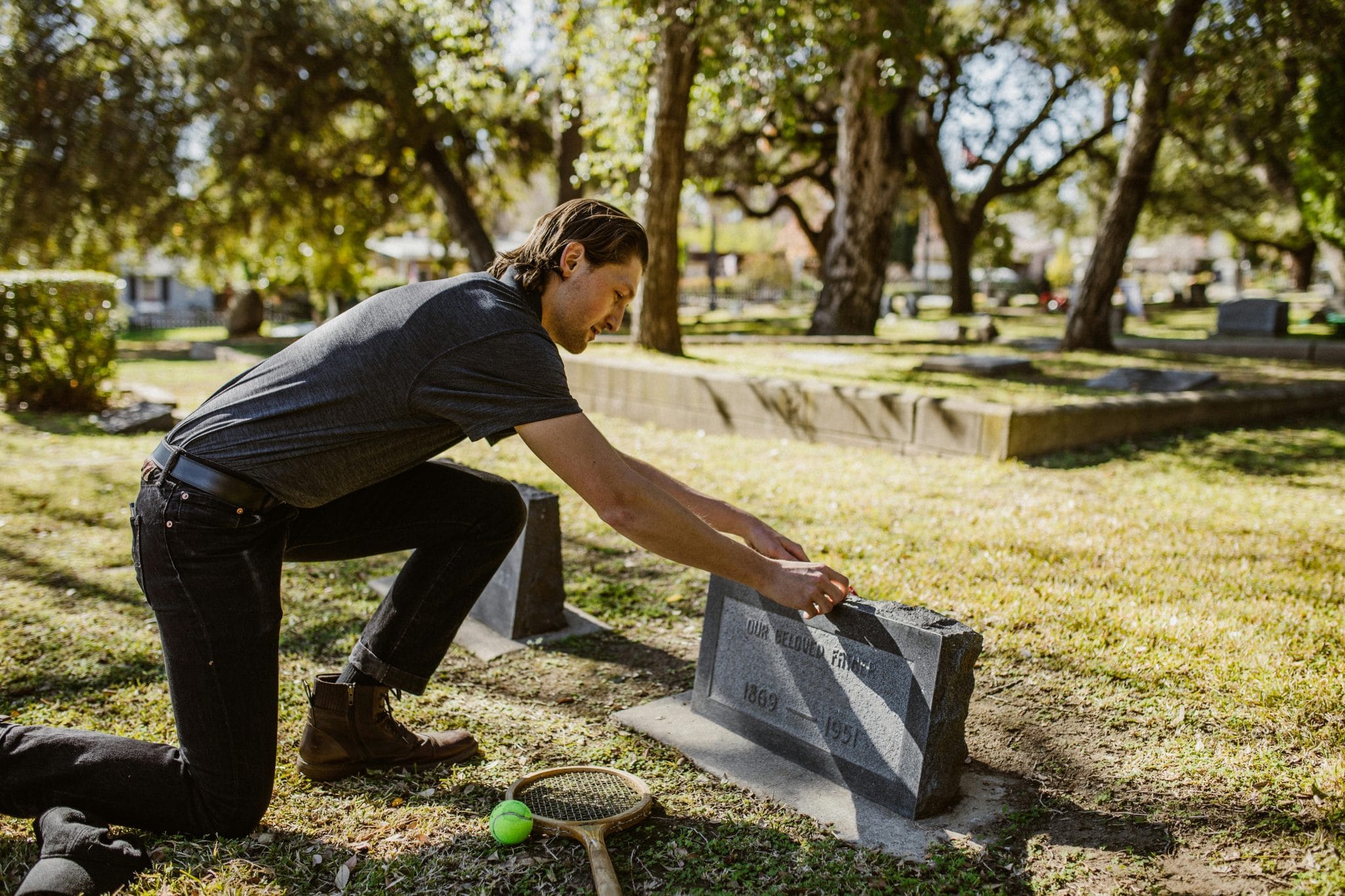Respect and Consent: Teaching Essential Life Skills
Respect and consent are two essential life skills that are often overlooked in traditional education systems. However, teaching these skills is crucial in creating a society that values the rights and boundaries of others. In the wake of the #MeToo movement and countless cases of sexual harassment and assault, it has become more important than ever to educate individuals, especially young people, about respect and consent. In this article, we will explore the importance of teaching these essential life skills and discuss ways in which we can incorporate them into our educational systems. 
The Importance of Respect and Consent
Respect and consent go hand in hand when it comes to building healthy and positive relationships with others. Respect is defined as the recognition of the worth and value of others, while consent is the agreement to engage in a particular action or behavior. Without respect, consent becomes meaningless and without consent, respect cannot be fully realized. Teaching these skills not only promotes healthy relationships, but it also plays a crucial role in preventing harassment, bullying, and violence.
Respect and Boundaries
Respect is all about recognizing and honoring boundaries. When we teach respect, we teach individuals to respect the boundaries of others, whether they are physical, emotional, or personal. This is especially important when it comes to consent. Children and young adults need to understand that their bodies and personal boundaries are their own and that they have the right to say no to any unwanted physical or emotional contact. By respecting the boundaries of others, individuals learn to value the autonomy and agency of others, which is crucial for creating a culture of consent.
Consent is Not Just About Sex
When many people hear the word “consent,” they automatically think of sexual activity. While consent is certainly important when it comes to intimate relationships, it also applies to everyday interactions. From asking for permission before borrowing something to respecting someone’s personal space, consent is a vital component of respectful behavior. Teaching children and young adults about consent in all aspects of their lives promotes a culture of respect and creates a safer and more inclusive society.
Incorporating Respect and Consent into Education
Respect and consent do not have to be separate lessons in schools but can be incorporated into various subjects and activities. For instance, teaching about consent and respect can be integrated into sex education classes, where students can learn about healthy boundaries and how to communicate and ask for consent. These concepts can also be taught in history and social studies classes, where students can learn about the importance of respect and consent in different cultures and societies.
Lead by Example
In addition to actively teaching respect and consent, it is essential for educators and role models to lead by example. Children and young adults are highly influenced by the behavior of those around them, and it is crucial for adults to model respectful and consensual behavior in their interactions with others. This means respecting the boundaries and autonomy of children and young adults and addressing any behavior that goes against these values.
Encourage Open Communication
Creating a safe and open space for discussions about respect and consent is vital in promoting the development of these skills. Encouraging open communication about these topics can help individuals understand the importance of respect and consent and feel comfortable expressing their boundaries and needs. This can be achieved through activities such as role-playing, group discussions, and reflection exercises.
Conclusion
In conclusion, respect and consent are crucial life skills that must be taught at a young age. By creating a culture that values these skills, we can promote healthy and positive relationships and prevent various forms of violence and harassment. Educators and role models play a vital role in teaching and modeling these values, and by incorporating them into our educational systems, we can create a safer and more inclusive society for all.










